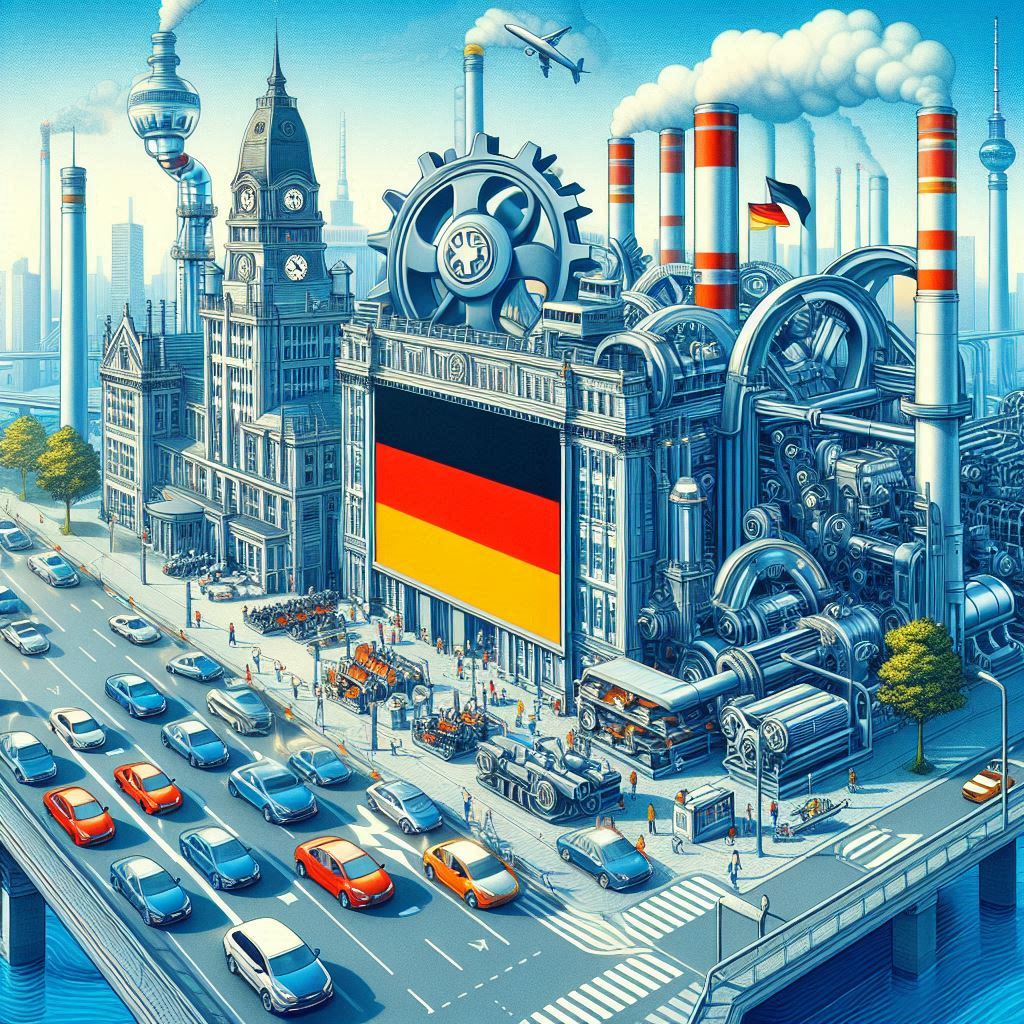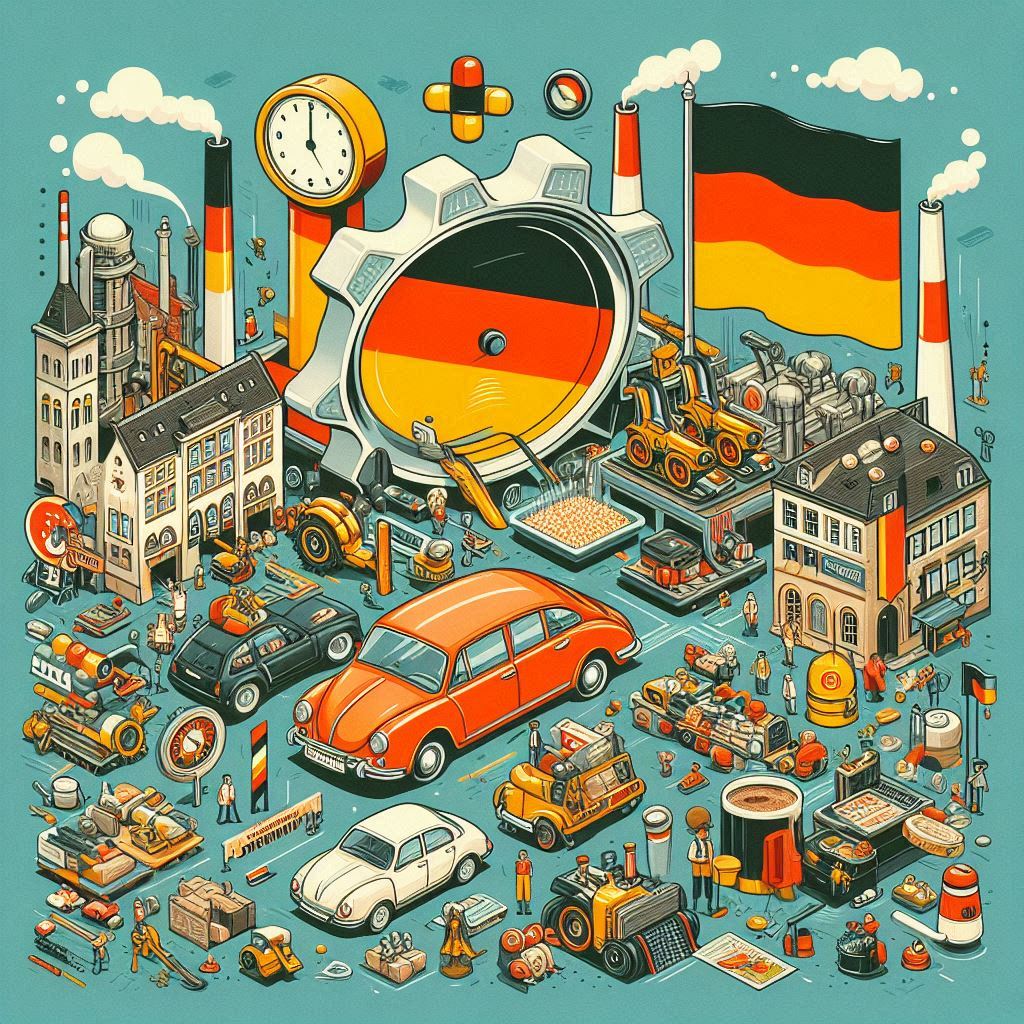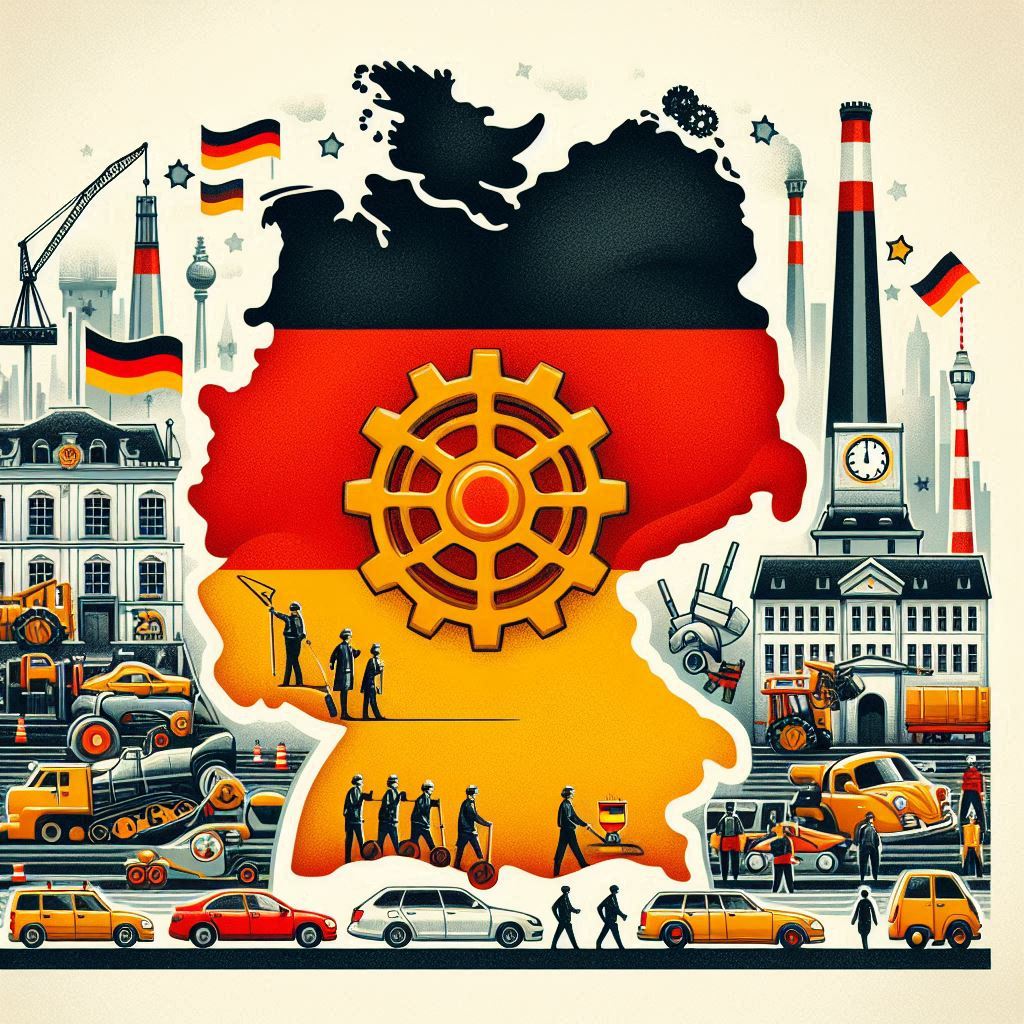德國人每年平均工作時間只有7個月,其經濟卻是歐洲最強大
德國人每年平均工作時間只有7個月,但其經濟卻是歐洲最強大,這歸因於多種因素。首先,他們專注於先進技術開發,生產效率極高。以精密製造業和高品質產品而聞名,特別是在汽車製造、機械工程和化學工業方面。像大眾、賓士和BMW的汽車品牌在全球市場中占有重要地位,這不僅提升德國的經濟實力,還帶來大量的外匯收入。
其次,當地的勞動力市場結構完善。工人的教育和培訓水平普遍較高,這使得他們在工作中能夠保持高效率和高質量。此外,企業只投資於先進的技術和自動化生產設備,以提高生產效率,大幅減少人力成本。因此,雖然德國人每年工作時間相對較少,但工作效能卻遠高於其他國家。
完整的社會福利體系也是其經濟強大的重要因素之一。擁有全面的社會保障系統,包括失業保險、健康保險、養老金和家庭津貼等。這些福利保障工人的基本生活,使他們能夠專注於工作而無需擔心基本需求。同時,當地的教育體系高度發達,從小學到大學的教育質量均處於世界前列。大學對於本國學生是免學費,使得更多人能夠接受高等教育,進一步提升勞動力的素質。
此外,德國政府對於研發和創新的支持力度很大。企業和科研機構之間的合作密切,促進技術進步和新產品的開發。這些創新不僅提高國內產品在全球市場的競爭力,還推動國內經濟的持續增長。
總結來說,德國經濟強大的原因包括高效的生產力、完善的勞動力市場結構、全面的社會福利體系和對教育及創新的大力支持。這些因素共同作用,使得德國即使每年平均工作時間相對較短,仍能保持經濟的強勁增長和在國際市場上的競爭力。
The average German works only seven months a year, but the country's economy is the strongest in Europe, due to several factors. First, Germans focus on the development of advanced technology, achieving extremely high production efficiency. They are renowned for their precision manufacturing and high-quality products, particularly in the automotive, mechanical engineering, and chemical industries. Brands like Volkswagen, Mercedes-Benz, and BMW hold significant market shares globally, which not only bolsters Germany's economic strength but also brings in substantial foreign exchange revenue.
Additionally, Germany's labor market structure is well-developed. Workers generally receive a high level of education and training, enabling them to maintain high efficiency and quality in their work. Furthermore, companies invest heavily in advanced technology and automated production equipment to enhance production efficiency and significantly reduce labor costs. Thus, even though Germans work relatively fewer hours each year, their work efficiency far surpasses that of other countries.
A comprehensive social welfare system is also a crucial factor in Germany's economic strength. The country has a thorough social security system, including unemployment insurance, health insurance, pensions, and family allowances. These benefits ensure workers' basic living needs are met, allowing them to focus on their work without worrying about fundamental needs. Additionally, Germany's education system is highly developed, with education quality from primary school to university being among the best in the world. Universities are tuition-free for domestic students, enabling more people to receive higher education and further enhancing the quality of the workforce.
Moreover, the German government strongly supports research and innovation. There is close cooperation between companies and research institutions, fostering technological advancement and the development of new products. These innovations not only enhance the competitiveness of domestic products in the global market but also drive continuous economic growth within the country.
In summary, the reasons behind Germany's economic strength include high production efficiency, a well-developed labor market structure, a comprehensive social welfare system, and strong support for education and innovation. These factors work together to ensure that even though Germans work relatively fewer hours each year, the country maintains robust economic growth and competitiveness in the international market.




照片:DALLE3
- 1
- 2
- 3
- 4
